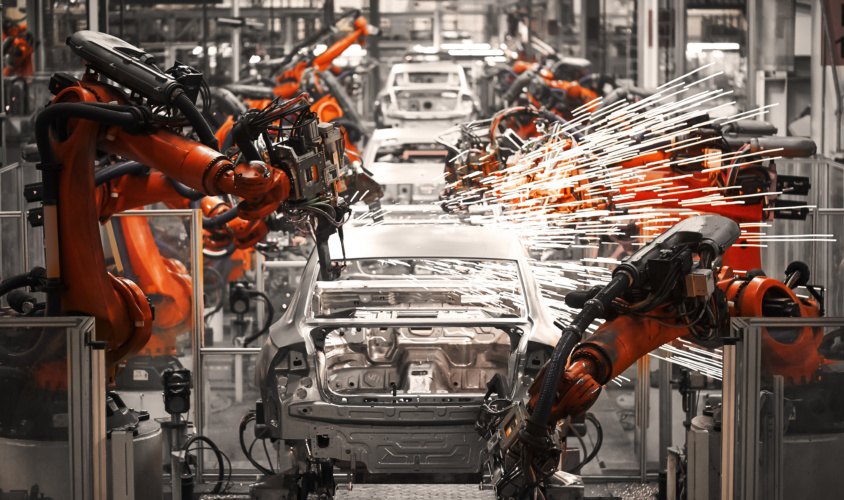
According to the group of 23 different associations - which includes the European Automobile Manufacturers Association (ACEA) and the UK industry’s trade body the Society of Motor Manufacturers and Traders (SMMT) – failure to secure a free trade deal would cost the pan-European automotive sector some €110 billion in lost trade over the next five years, putting jobs at risk in a sector that supports 14.6 million livelihoods.
Without a deal in place by 31 December, both sides would be forced to trade under so-called World Trade Organisation (WTO) non-preferential rules, including a 10% tariff on cars and up to 22% on vans and trucks.
"The stakes are high for the EU auto industry,” said ACEA director general Eric-Mark Huitema, “we absolutely must have an ambitious EU-UK trade agreement in place by January. Otherwise our sector – already reeling from the COVID crisis – will be hit hard by a double whammy."
Before the coronavirus crisis hit, EU and UK production of motor vehicles was running at 18.5 million units a year. This year some 3.6 million units have already been lost across the sector due to the pandemic. New calculations suggest that, for cars and vans alone, a reduction in demand resulting from a 10% WTO tariff could wipe some three million units from EU and UK factory output over the next five years, with losses worth €52.8 billion to UK plants and €57.7 billion to those based across the EU. Suppliers would also suffer from these changes.
The group argues that any deal should include zero tariffs and quotas, appropriate rules of origin for both internal combustion engine and alternatively fuelled vehicles, plus components and powertrains, and a framework to avoid regulatory divergence.
It also stresses the need for detailed information about the agreed trading conditions organisations will face from 1 January 2021. This, it claims, combined with targeted support and an appropriate a phase-in period that allows for greater use of foreign materials for a limited period of time, will ensure businesses are able to cope with the end of the transition period.
Mike Hawes, chief executive of the SMMT said, " The shock of tariffs and other trade barriers would compound the damage already dealt by a global pandemic and recession, putting businesses and livelihoods at risk. Our industries are deeply integrated so we urge all parties to recognise the needs of this vital provider of jobs and economic prosperity, and pull out every single stop to secure an ambitious free trade deal now, before it is too late."




Glasgow trial explores AR cues for autonomous road safety
They've ploughed into a few vulnerable road users in the past. Making that less likely will make it spectacularly easy to stop the traffic for...